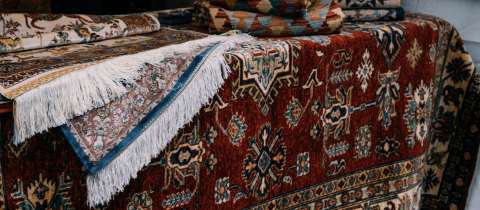Doctors have long noticed that after a heart attack, a patient’s heart may develop what appear to be bone deposits or patches of calcium and phosphate, but they’ve never really known why. A new study believes these bone deposits are a sort of accidental by-product of a heart’s attempts to repair itself after an attack. Heart cells are able to transform their function in an effort to ensure proper blood flow is maintained to all cells in the heart, but it appears that an accidental function change to osteoblasts (the cells that deposit minerals in your bones) are to blame for the bone deposits on a heart. Hopefully, this newfound understanding allows researchers to develop methods of reversing this calcification, as the bone deposits can interfere with electrical signals in the heart, and cause a condition known as heart block.







